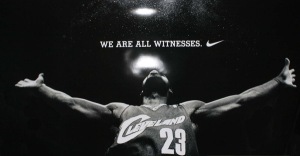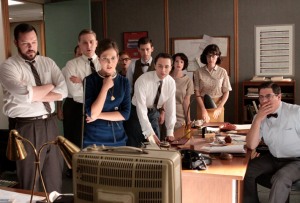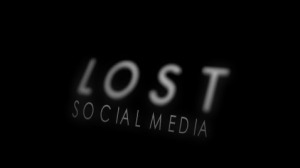 The recent firing of Agriculture Department official Shirley Sherrod over her suspected racist comments clearly demonstrates the dangers of going into crisis mode before understanding all the facts.
The recent firing of Agriculture Department official Shirley Sherrod over her suspected racist comments clearly demonstrates the dangers of going into crisis mode before understanding all the facts.
It looked like damning evidence. A video of Ms. Sherrod delivering a speech at an NAACP banquet, telling a story about her time at a nonprofit organization 24 years ago when she did not help a white farmer as much as she could have. “I was struggling with the fact that so many black people have lost their farmland, and here I was faced with having to help a white person save their land,” Sherrod said in her speech. “So, I didn’t give him the full force of what I could do.”
If the story had stopped there, Agriculture Secretary Tom Vilsack would have been correct in letting her go and the NAACP would have been right to denounce her behavior. But further context revealed the truth was not as sinister as it appeared. In fact, Sherrod ended up helping the farmer, and it was that episode that made her realize that there “is no difference between us” and the point was to help people in need of opportunity, regardless of race. The farmer and his wife even call Sherrod a “friend for life.”
It’s the height of bitter irony that the story that got Sherrod fired was the one that taught her race doesn’t matter. Secretary Vilsack, at the behest of President Obama, is reconsidering the case and a larger investigation is being conducted. But is it too late?
There are no winners in this story. Only an elementary lesson that we seemingly have to learn over and over again. Obtain and understand ALL the facts.
In Ms. Sherrod’s case, the Agriculture Department failed to do that. Instead, this incident has become one of those sad stories that reminds us that racial tensions are all but gone. I won’t address the larger implications of that narrative because, frankly, it’s above my pay grade. But I will note that there are very real consequences to poor communication.
It is a challenging communications world. With citizen journalism, the 24-hour news cycle, and social media reporting, stories unfold in real time. When the plane landed in the Hudson, US Air was criticized for taking 11 minutes to respond. But it wouldn’t have taken that long to listen to Sherrod’s story and understand its full scope; it may have even been sufficient to put out a statement that the Administration was investigating the incident.
The (well, a) moral of the story: in a crisis, correct always trumps quick.
Posted by Katie Denis, Account Executive (@katiefoxdenis)The views expressed in this post are mine alone and do not reflect the views of Vehr Communications, LLC.











 I was an avid viewer of LOST for six seasons (yes, even season three). And for six seasons, I grappled with electromagnetism, smoke monsters and tropical polar bears in both fascination and frustration. The day after a new episode, I read blogs and articles that attempted to explain, predict and understand the show (special thanks to Washington Post’s excellent
I was an avid viewer of LOST for six seasons (yes, even season three). And for six seasons, I grappled with electromagnetism, smoke monsters and tropical polar bears in both fascination and frustration. The day after a new episode, I read blogs and articles that attempted to explain, predict and understand the show (special thanks to Washington Post’s excellent
Recent Comments